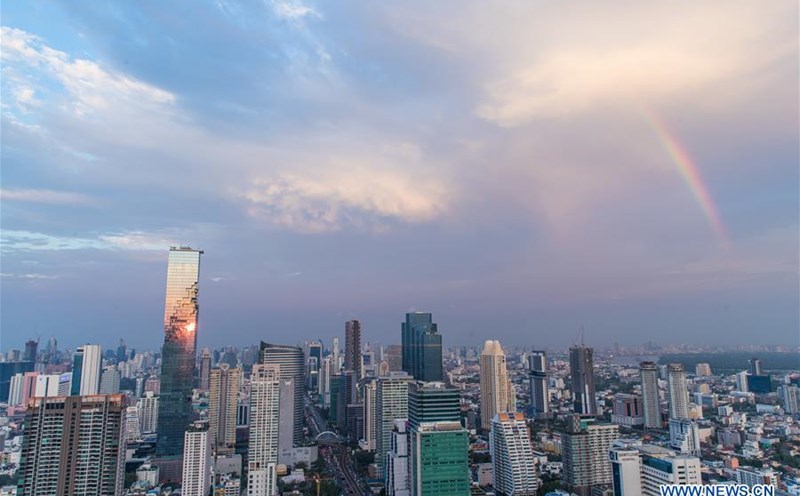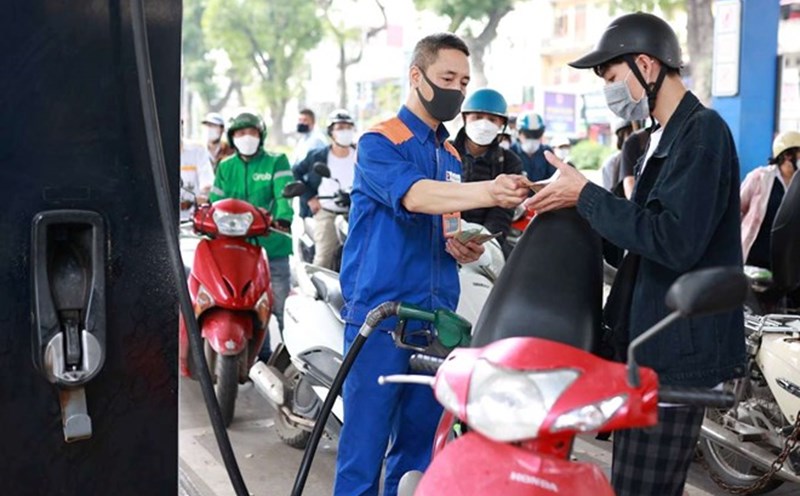On July 28, people and functional forces in the western communes of Nghe An province are continuing to busy clearing roads, cleaning houses, agencies, and units after the terrible flood.
Previously, due to the impact of storm No. 3 (Wipha), many communes in the western part of Nghe An were submerged in water. The desolation still exists: garbage, rocks and soil piled up, cattle and poultry carcasses decomposed along the road; domestic water mixed with mud and waste.
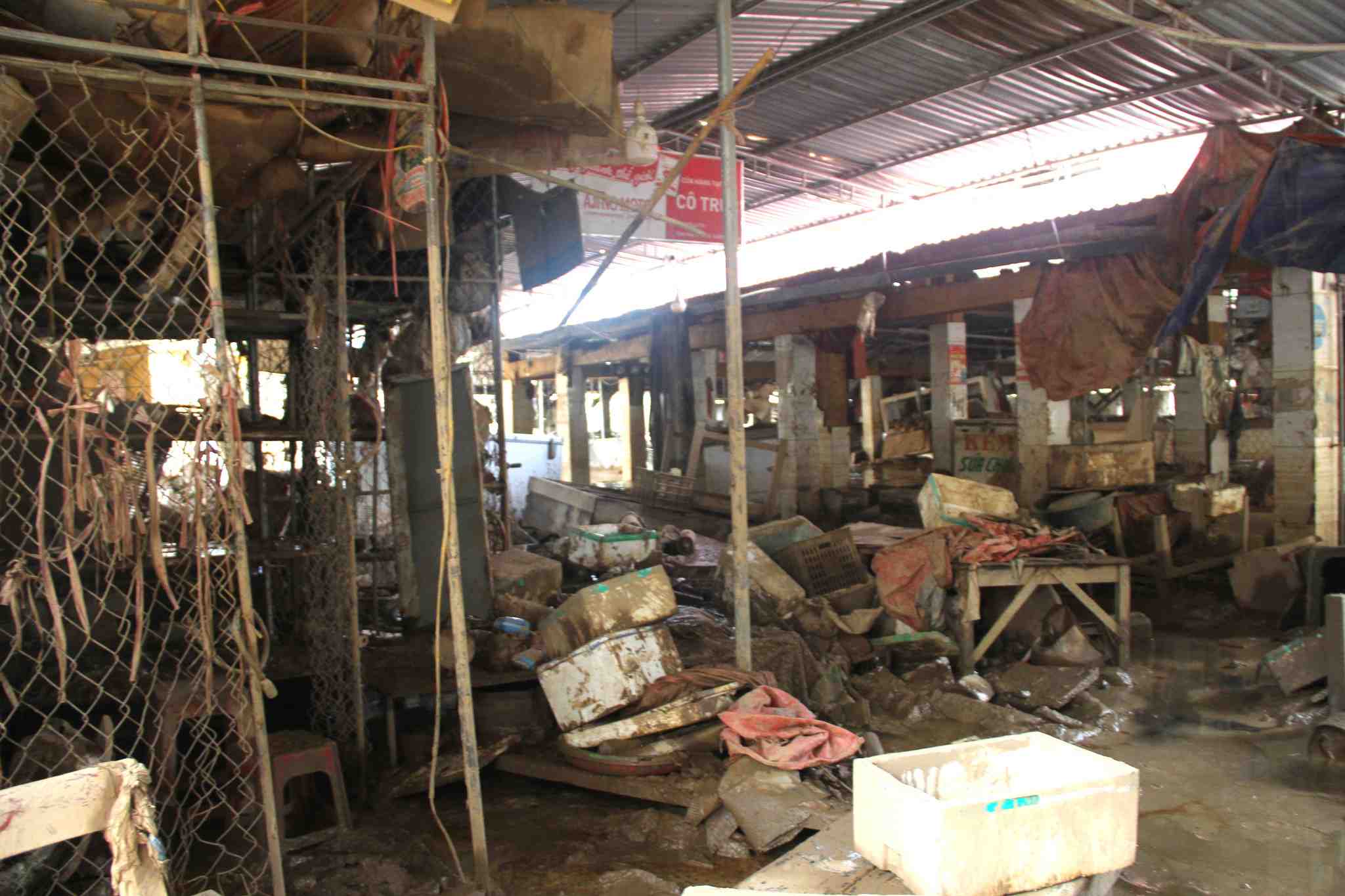
That environment is the source of a series of bacteria that cause a series of outbreaks such as acute diarrhea, cholera, dermatitis, pink eye, flu, dengue fever... Especially dangerous for infants and the elderly - those with weak resistance and vulnerability.
Mr. Tran Van Cong - Deputy Director of Tuong Duong Medical Center (Nghe An) - said: Currently, the District Medical Center has not recorded any cases of diarrhea, dermatitis after floods or pain in the eyes. However, clean water and food are not yet fully provided. People mainly use well water, contaminated rainwater or wait for volunteer groups to bring water - this poses a very high risk of disease.
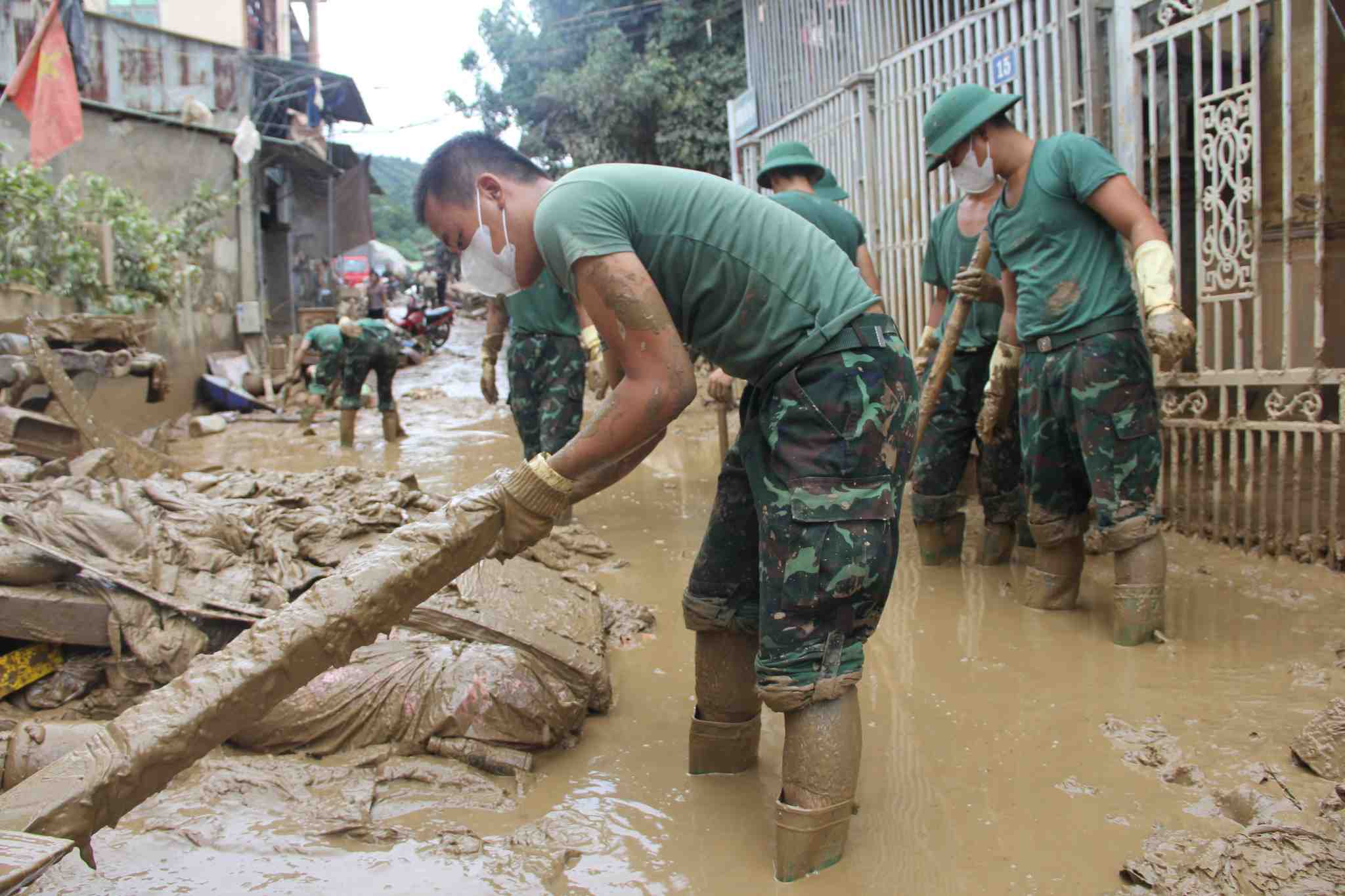
Mr. Cong also added that the unit has prepared scenarios to respond to bad situations. "We have stepped up propaganda to the people, and at the same time sent reports to local authorities to coordinate and mobilize people to take measures to prevent diseases, maintain personal hygiene and ensure cooked and boiled food and drink" - he said.
Although the local government has made great efforts, it has also encountered many difficulties because many villages are still isolated and isolated. This hinders the mobilization of authorities to go to the site to propagate and support people in a timely manner. Meanwhile, people lack the knowledge to protect their health in humid environment conditions, with many risks after floods.
In reality, the urgent task at present is to provide clean water for people - not only to clean up their houses but also to prevent epidemics, stabilize their lives and continue to produce and cultivate crops to serve their livelihoods after natural disasters.
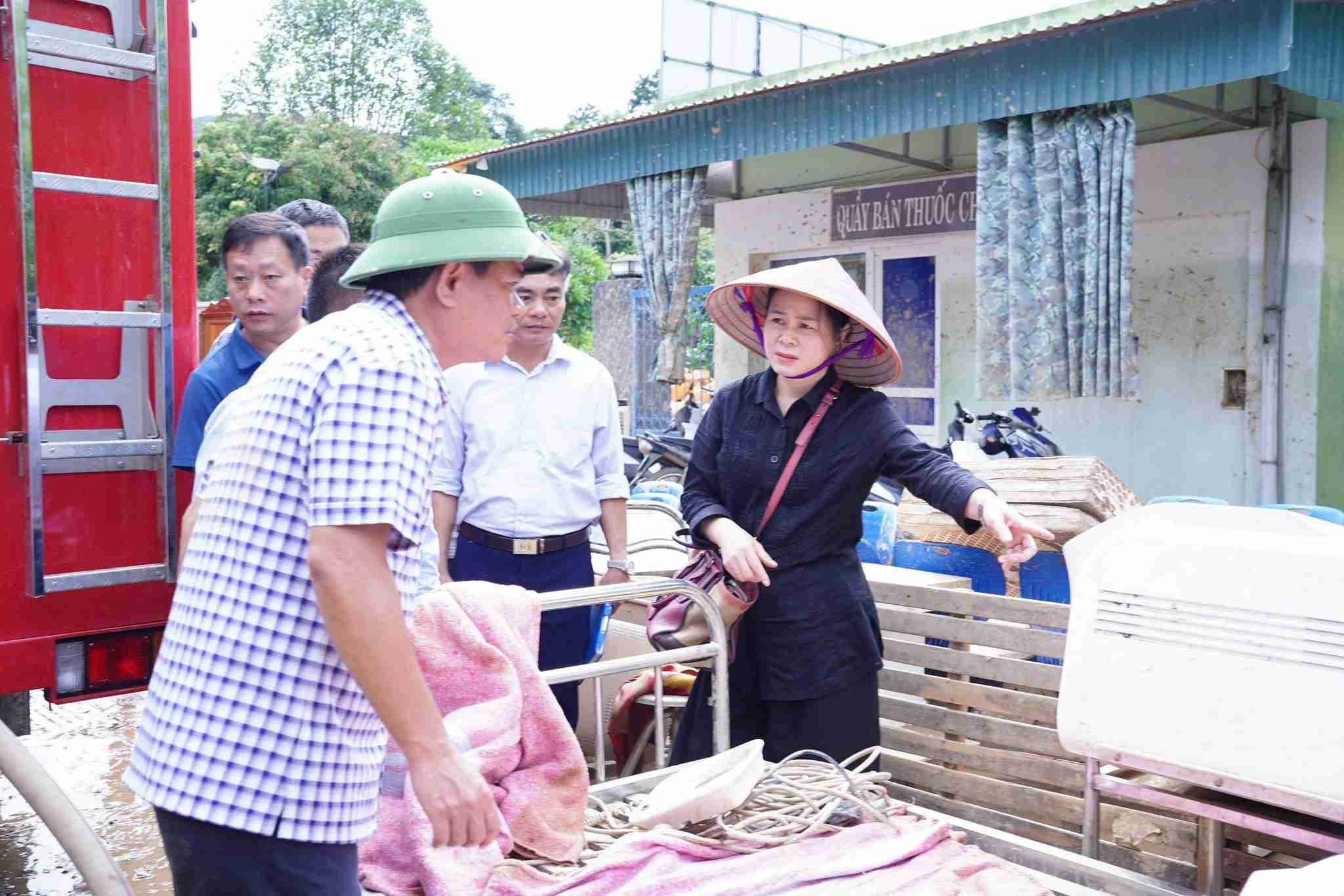
Faced with the risk of an outbreak after the flood, Nghe An Department of Health has established a working group led by Department Director Le Thi Hoai Chung to the West, directly inspecting the situation and directing the implementation of emergency medical measures. The delegation went to communes severely affected by floods to direct and support.
Here, the Department of Health has directed the establishment of a field health station in My Ly commune, providing essential equipment and medicine to promptly examine and treat diseases and provide health care to people in isolated areas. Doctors and nurses from districts and provinces have come to the village to organize mobile medical examinations and provide free medicine, especially for young children and the elderly.
The delegation supported medicine, medical equipment and necessary necessities, and visited, encouraged and presented 30 gifts, each gift worth 1 million VND in cash to patients and medical staff suffering from severe consequences after storms and floods. The delegation also gave 30 million VND in cash to Tuong Duong Medical Center and 20 million VND in cash to Ky Son Medical Center.
Propaganda on disease prevention and control after floods has been integrated into each inspection, helping people raise awareness of maintaining personal hygiene, treating the environment and using clean water.





